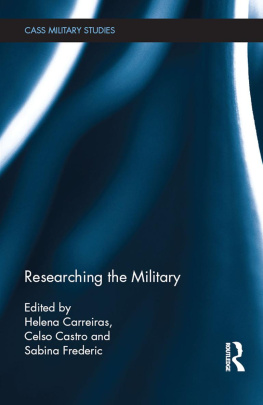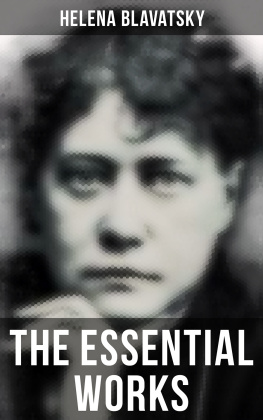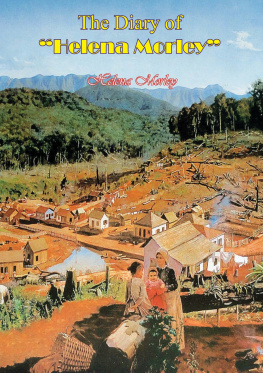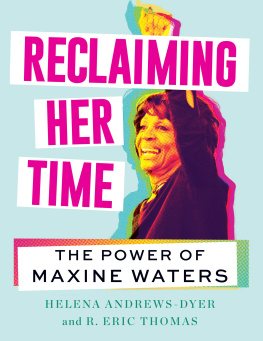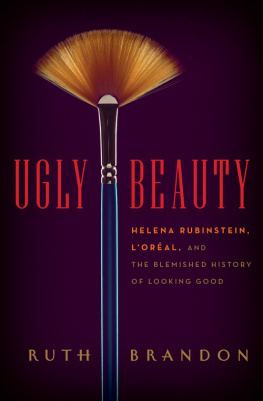| Note: | Images of the original pages are available through Internet Archive. See https://archive.org/details/futureofwomensmo00swan |
THE FUTURE OF THE WOMENS MOVEMENT
THE FUTURE OF THE
WOMENS MOVEMENT
BY
H. M. SWANWICK, M.A.
WITH AN INTRODUCTION BY
MRS. FAWCETT, LL.D.
PRESIDENT OF THE NATIONAL UNION OF WOMENS SUFFRAGE SOCIETIES
Bell (logo of publishing company)
LONDON
G. BELL & SONS LTD.
1913
TO
F. T. S.
PREFACE
Women in the movement often wish that the word humanist had not been appropriated, because it would far more properly connote the womens movement than the word feminist.
It is significant of much that there is in the English language no commonly used substantive corresponding to homo. There is need, of course, for the words man and woman, but there is also need for a word denoting the species, irrespective of sex, and I have been driven to make use of a locution not common in English, in writing a human. But the common pronoun is non-existent and I have not used the neuter, lest it should alarm nervous persons. Perhaps when we have got over the panic fear of unsexing ourselves, we may find it safe to speak of a human, just as we do of a baby, as it.
There may seem to be a disappointing lack of prophesy in a book avowedly dealing with the future; but since I believe the womens movement to be a seeking for knowledge and good, to show what is reasonable and good in the movement is to show what will persist and triumph. Through all our faults and mistakes, we women are aiming at better understanding and co-operation with men, and a better adaptation to one another of conditions and persons. We are having to hammer out for ourselves the right principles of government. We can take them ready-made from no man. Doubtless we shall flounder considerably, as men have doneand do. But there is little fear that in the long-run the best minds of men and women will not have a common principle.
Meanwhile we have to resist the tendency to easy and cheap generalisations about woman, her sphere, her vocation, and her capacity, based upon a very small amount of very partial investigation and a huge amount of inherited prejudice and native conceit. Men who ought to have some respect for scientific methods will, when some priori theory of womans proper sphere has closed their minds, make the most palpably faulty deductions from imperfect data, and use their reputation in some other branch of science as cover for their bad reasoning. No statistics are more useful than vital statistics, and none have been more misused to prove some foregone conclusion. Everyone experienced in investigation knows how helpful it is to have some general hypothesis in view, by which to co-ordinate all phenomena, but knows also how necessary it is to be constantly watchful lest the hypothesis should obscure new and unexpected phenomena. When the investigator is himself personally involved, and when the hypothesis is one which the majority of men have thought self-evident for ages, and when the strongest of all impulses, next to hunger, confuses the mind of the investigator, we are justified in being very sceptical about the positive nature of his conclusions, until he can satisfy us that they have been reached by strictly logical methods of agreement and difference.
If to some reasonable and civilised men it may seem that I have given undue importance to the foolishnesses and barbarisms of another kind of men, I would ask those men to remember that these are among our masters and we may not ignore them. We might like to treat them with the contempt they deserve, but we have at present to live under the laws that they help to make. Doubtless, when we are free, we shall suffer fools more gladly than we do now, having less to fear from them.
INTRODUCTION
Those who open this book expecting to find in it a romantic sketch, rather in the style of Erewhon, of what the civilisation of the twentieth century is likely to be after women have won their freedom, will be doomed to disappointment. It does not deal with what a humorist in the Cambridge Historical Society used to call that department of history which treats of the future. Those who look for a plentiful supply of prophecy will not find it; but they will find a masterly sketch of the sources and aims of the womens movement; and, in the authors own words, a brief survey of the directions in which it appears to be travelling. They will find also wisdom, and knowledge, and understanding. Mrs. Swanwick avoids cheap and easy generalisation. She writes from a wide and deep knowledge, which has been gained from years of active work, especially in the womens suffrage movement as it exists here and now; and she writes with the temperance and restraint which come of the philosophic mind.
Her book will be read and digested by her fellow-workers. They are quite certain to make it their own, for it is an armoury of facts and arguments bearing on their work. It ought also to be studied by every intelligent man and woman who perceives that the womens movement is one of the biggest things that has ever taken place in the history of the world. Other movements towards freedom have aimed at raising the status of a comparatively small group or class. But the womens movement aims at nothing less than raising the status of an entire sexhalf the human raceto lift it up to the freedom and valour of womanhood. It affects more people than any former reform movement, for it spreads over the whole world. It is more deep-seated, for it enters into the home and modifies the personal character. No greater praise can be given to Mrs. Swanwicks book than to say that she treats of this great subject in a manner worthy of it.
Her pages on militancy will be carefully studied. She is known to be deeply antagonistic to violence in all its forms, and she gives the reasons for the faith that is in her. It is also well known that she is a leading member of the National Union of Womens Suffrage Societies, the chief of the non-militant suffrage organisations. But though she criticises severely the Womens Social and Political Union, she is not among those who can see nothing but harm in their activities. Militant suffragism is essentially revolutionary, and, like other revolutionary agitations, has arisen from a want of harmony between economic and educational status and political status. Educationally, socially, and industrially women have made enormous advances during the last sixty years. But the laws controlling their political status have stood still. Similar conditions have invariably led to revolutionary outbursts except where lawmakers have had the sense to recognise the situation in time and adjust the political status of the group concerned to the changes which had already taken place in its general condition. It is by making these timely changes, and by grafting the bud of new ideas on the stem of old institutions, that our countrymen have shown their practical political instinct, and have, on the whole, saved the nation from the ruinous waste of revolution. They have not yet shown this good sense about women. But the signs of the times are full of hope that they may revert to type and be wise in time.
Dr. Arnold, writing from France within a generation of the Terror, said in reference to the destruction of the feudal power of the nobles over the French peasantry: The work has been done and in my opinion the blessing is enough to compensate the evils of the French Revolution; for the good endures, while the effects of the massacres and devastation are fast passing away. If that could be said of the Terror cannot it be even more positively said of the comparatively innocuous militancy of recent years? The good endures, while the evil is temporary and passes away, is as true to-day as it was a hundred years ago.



